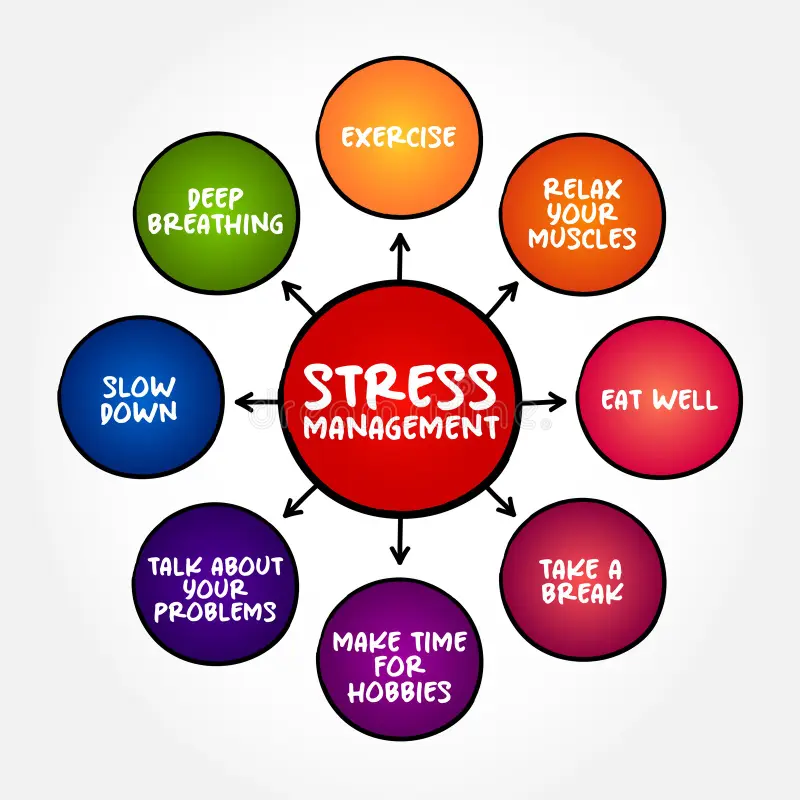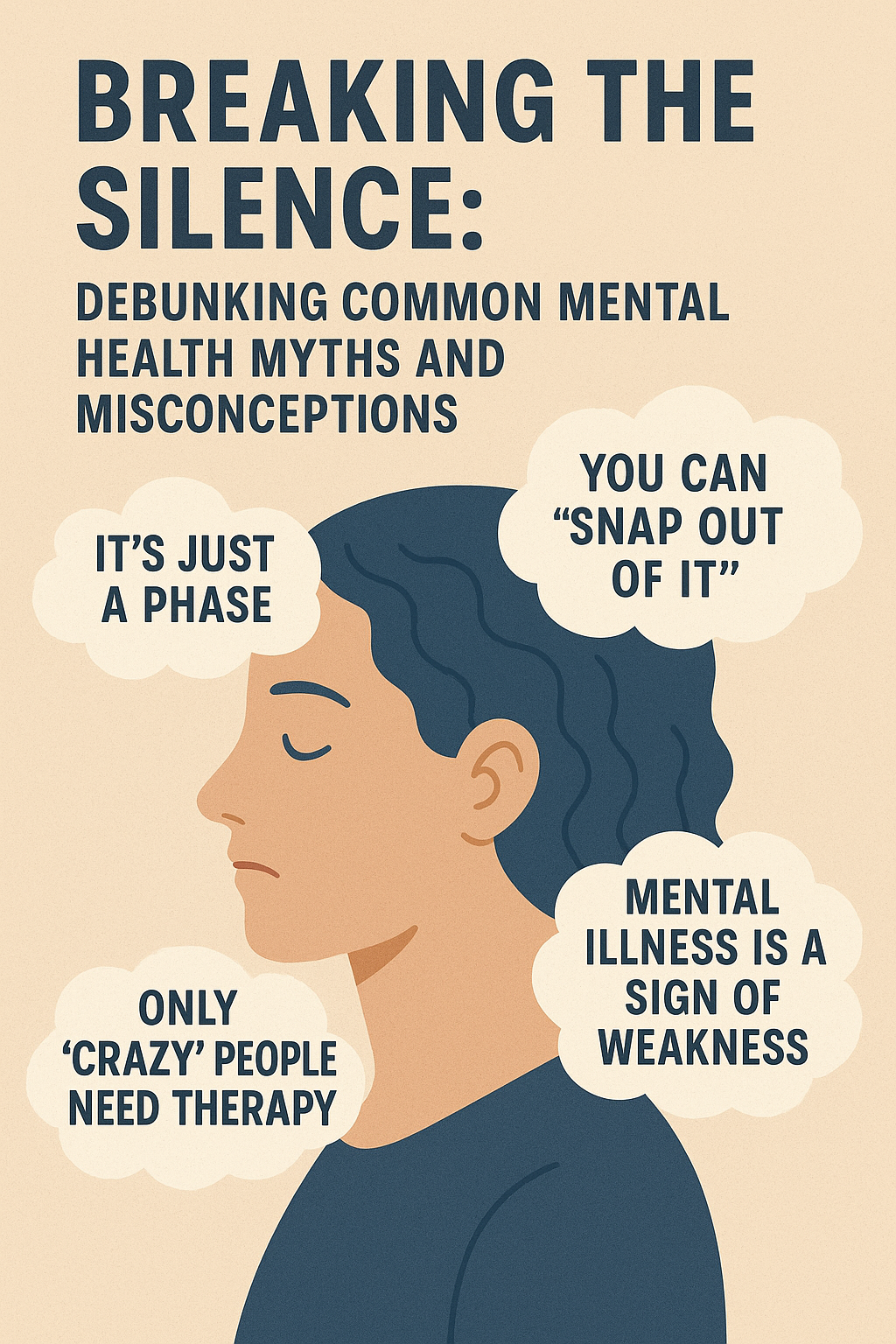In today’s fast-paced world, stress has become a constant companion for many of us. Whether it’s tight deadlines, financial pressures, or simply the overwhelm of daily life, stress can creep in and wreak havoc on our mental and physical well-being. But the good news is—stress can be managed. It all starts with awareness and small, consistent changes.
What is Stress?
Stress is your body’s natural reaction to a perceived threat or challenge. When you encounter a stressful situation, your body releases hormones like cortisol and adrenaline to help you respond quickly. This “fight-or-flight” response was essential for our ancestors’ survival—but in modern times, it can become chronic and harmful if left unchecked.
Common Causes of Stress
Work pressure or job insecurity
Relationship conflicts
Health issues
Financial worries
Information overload and digital burnout
Understanding your personal stress triggers is the first step toward managing them effectively.
Top Strategies for Managing Stress.
1. Practice Mindfulness
Mindfulness helps bring your attention to the present moment. You can start small—try deep breathing exercises, guided meditation, or simply taking a walk without your phone. Even five minutes a day can make a difference.
2. Get Moving
Physical activity is a powerful stress reliever. Exercise boosts endorphins, improves your mood, and helps you sleep better. Whether it’s yoga, running, dancing, or just a brisk walk, find something you enjoy and make it part of your routine.
3. Establish Healthy Boundaries
Learn to say no. Overcommitting can lead to burnout. Prioritize what truly matters and don’t be afraid to set boundaries at work and in personal relationships.
4. Connect with Others
Talking with someone you trust can lighten the emotional load. Whether it’s a friend, family member, or therapist, human connection can provide support and perspective.
5. Sleep and Nutrition
Never underestimate the power of a good night’s sleep and a balanced diet. Aim for 7–9 hours of sleep and focus on whole foods, staying hydrated, and limiting caffeine and sugar.
6. Unplug to Recharge
Take regular breaks from screens and social media. Create tech-free zones or hours in your day to reduce mental clutter and digital fatigue.
When to Seek Help
Stress is normal, but if it starts affecting your daily life, relationships, or physical health, it might be time to speak to a mental health professional. Therapy, counseling, or stress management coaching can be life-changing.
Final Thoughts
You can’t eliminate stress entirely, but you can change how you respond to it. Think of stress management as an ongoing practice like exercise or learning a new skill. With a few intentional changes, you’ll be better equipped to handle whatever life throws your way.




